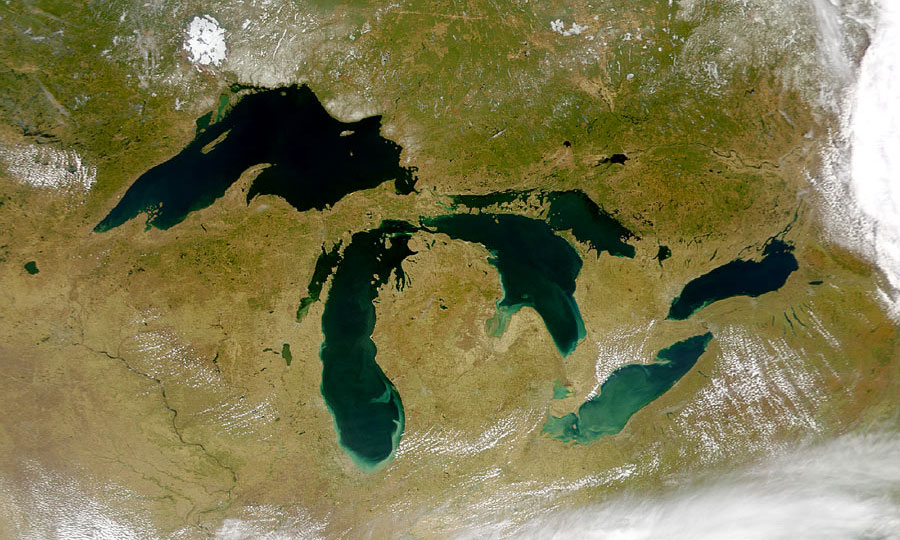Rise Above Plastics Month
Rise Above Plastics Month is a month-long initiative encouraging the public to reduce their plastic footprint and raise awareness about the harmful effects caused by single-use plastics in our marine and coastal environments, including the Great Lakes region.
Throughout October, the Surfrider Foundation will ‘Rise Above Plastics’ by providing tips on how you can reduce your plastic footprint and simple ways to implement change in your daily routine. Take the Rise Above Plastics pledge to commit to using less plastics every day.
You can also join your local Surfrider Chapter’s annual plastic trash cleanup and enter Surfrider’s Plastic Art Contest. Show your creativity and help to raise awareness of the effects of plastic pollution. Enter to have a chance to win an epic prize pack including a Firewire Tibertek surfboard or Bureo skateboard, Spy + Surfrider Helm Sunglasses, ChicoBag and Surfrider gear.
The Rise Above Plastics program (RAP) is the Surfrider Foundation’s response to the problem of plastic litter in our ocean and marine environments. The goal of the program is to educate the public on the impacts single-use plastics have on marine environments, and how individuals can make changes in their daily lives and within their communities that will stem the flow of plastics into the environment. RAP also calls upon people to reduce their plastic footprint by reducing or eliminating the use of products such as single-use plastic water bottles and plastic bags.
Some facts about plastics compiled by RAP include:
- The amount of plastic produced from 2000 – 2010 exceeds the amount produced during the entire last century.[1]
- Plastic is the most common type of marine litter worldwide.[2]
- An estimated 100,000 marine mammals and up to 1 million sea birds die every year after ingesting or being tangled in plastic marine litter.[3]
- Up to 80% of the plastic in our oceans comes from land-based sources.[4]
- Plastics comprise up to 90% of floating marine debris.[5]
- In 2009 about 3.8 million tons of waste plastic “bags, sacks and wraps” were generated in the United States, but only 9.4% of this total was recycled.[6]
- Plastics do not biodegrade, but instead break down into small particles that persist in the ocean, absorb toxins, and enter our food chain through fish, sea birds and other marine life.[7]
- Plastic bags are problematic in the litter stream because they float easily in the air and water, traveling long distances and never fully breaking down in water.
- Cleanup of plastic bags is costly. California spends $25 million annually to landfill discarded plastic bags, and public agencies spend more than $300 million annually in litter cleanup.[8]
- It is estimated that Americans go through about 100 billion plastic bags a year, or 360 bags per year for every man, woman and child in the country.[9]
Learn More
Plastics Pollution in the Great Lakes and the Marine Debris Problem
State University of New York researchers collaborated with the Los Angeles-based 5 Gyres Institute to study plastic pollutants in the Great Lakes Region. Read about their project and learn more about the problem of plastics pollution in the world’s water bodies. Newly updated to include recent research and news about microplastics pollution in the Great Lakes.

